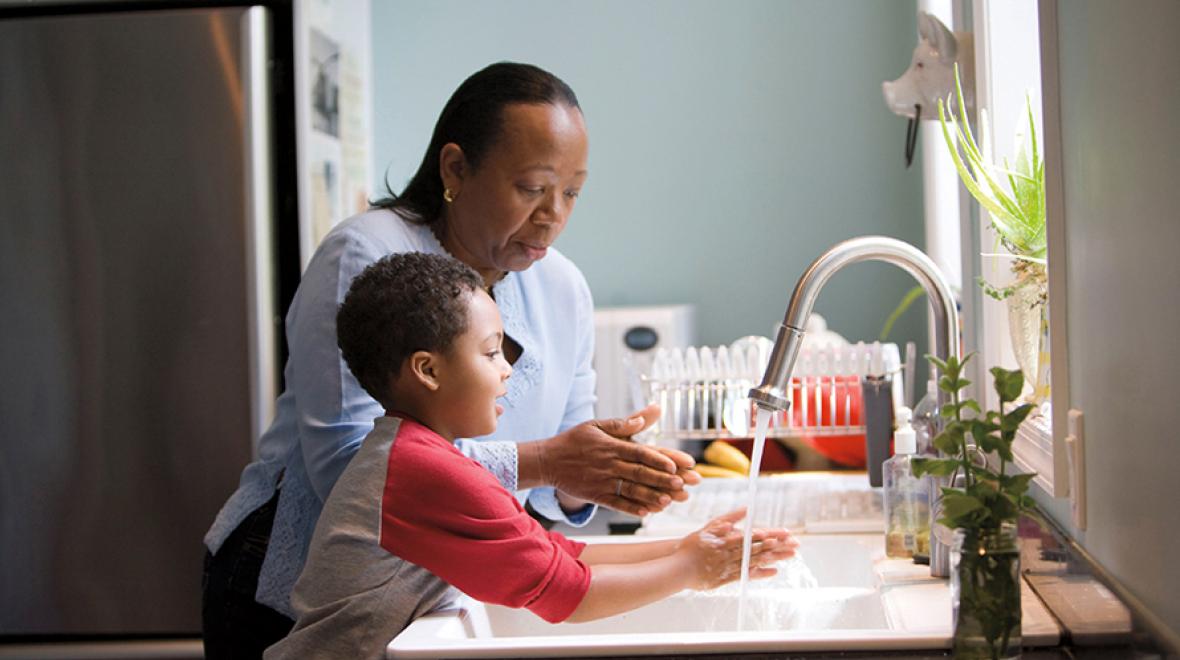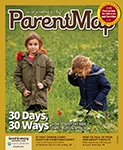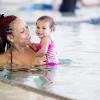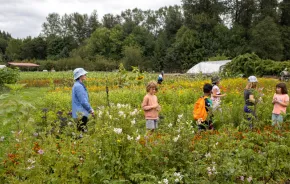
Will I get sick?
Why are the schools closing?
I’m upset that I can’t go to ballet class.
I’m scared.
How to Explain Coronavirus to Children
Social skills curriculum provider Casey’s Clubhouse has created a video series, Share Time Not Germs, to help parents explain the coronavirus and the need to shelter in place to their children.
These are some of the questions and comments I’ve heard from my three kids over the past few weeks. Given the recent school closures, lack of toilet paper and bombardment of messages about handwashing, it is understandable why kids may feel confused or scared. Most parents are fielding similar concerns and are wondering how best to respond.
First, recognize your own feelings.
Before you discuss the coronavirus with your kids, acknowledge your own feelings about the situation.
“It is important to recognize your own anxiety before talking to your child. If I am feeling anxious, I choose not to talk to my child. Instead, I allow myself to calm down and then approach the topic,” says Soma Mandal, M.D., a practicing internist in New Jersey.
Remain calm.
Even though you may feel anxious, you should try to refrain from showing these feelings to your child.
Alexandra Solomon, Ph.D., a Northwestern University professor, clinical psychologist and author of “Loving Bravely: 20 Lessons of Self-Discovery to Help You Get the Love You Want,” says, “In the therapy world, we stress the importance of ‘regulating the regulator.’ In order to be able to provide regulation, parents need to feel regulated.”
Solomon recommends that parents practice self-care by staying informed but also by unplugging on a regular basis. She also suggests that parents shore up their physical foundation by eating healthy food, getting adequate sleep and making time to exercise. She stresses limiting alcohol and drug use and taking breaks before becoming irritable or impatient.
Clinical psychologist Robin Goodman, Ph.D., agrees with Solomon. “Fear can be contagious, so, above all, parents need to monitor and manage their own worry, especially with their children. Being calm is also contagious, so it is better to spread calm.”
Assess what your child already knows.
Kids have heard about the coronavirus from their friends and from news reports on the internet and TV. Before providing any additional information, ask them what they know about the pandemic.
Damon Korb, M.D., a behavioral and developmental pediatrician at The Center of Developing Minds and author of “Raising an Organized Child,” notes, “Children need information, just like adults. Start by finding out what they already know. Clear up any misconceptions and explain the concern at a developmentally appropriate level.”
Mandal agrees. “I invite my daughter to let me know what she has heard first and what she has questions about so we can start the conversation there. I give her the room to let me know her feelings about it, including feeling scared and confused.”
Validate your child’s feelings.
When you recognize and accept your child’s feelings as being valid, then it can help them to feel calm and understood.
Solomon notes, “Our goal as parents is to validate their stress and encourage them to practice healthy coping strategies, such as distraction, focusing on what’s going well, exercise and radical acceptance.” (Radical acceptance is about accepting life on life’s terms and not resisting what you cannot or choose not to control.)
Be honest and reassuring.
It is okay to let your child know you don’t have all the answers.
Solomon explains that living through this pandemic is challenging because of the uncertainty. “We don’t know when life is going to return to normal, but we also don’t want to lie to our kids. We can tell kids the essential truth and reassure them that you will be together every step of the way.”
She suggests using distraction as a method of coping. Shift the focus away from the coronavirus and toward a game, a walk or a movie.
“When you are reassuring children, it is always important to be honest. We talk about how one can get sick, but also how you can protect yourself the best way you can. Washing hands with soap and water, covering a cough or sneeze, staying away from other sick people, eating healthy food and getting plenty of sleep is what I call ways to overpower the germs,” says Mandal.
Korb explains that when children are anxious, parents should be patient and tolerant and provide reassurance. “Reassure your child by explaining the steps that your family is taking to remain safe, such as social distancing, handwashing and visiting a doctor if feeling sick,” says Korb.
Stick to your routines.
Routines provide comfort, security and predictability for children, so it is important to create and continue these practices.
Adult and child psychiatrist Lea Lis, M.D., says, “Stick to familiar routines. Wake [your kids] up the same time every day. Go to bed at the same time every day, and make sure to get plenty of exercise, even if all of their sports and activities are canceled.”
Lis also recommends prioritizing education, since kids love to learn and learning provides a distraction from their worries. (Check out our great list of websites offering free educational resources for kids during school closures.)
Korb says, “Parents can emphasize the things that are not going to change, like the routines and rules and expectations. Bedtimes will be the same. Rules on electronics will still exist. Kids can still chat with friends and relatives through the phone, games and the internet."
Kids are resilient. The safe and comforting environment we create will help them to cope with the uncertainty and fear of this pandemic.
Additional resources
For more information on how to talk to your kids about a scary situation, visit the National Association of School Psychologists or the American Psychological Association.
For more on how news can have an impact on kids, check out News and America’s Kids: How Young People Perceive and Are Impacted by the News.
Find additional information on COVID-19 and ideas for keeping the kids entertained, learning and safe during school closures.
|
Or, get our latest issue delivered directly to your home! |












